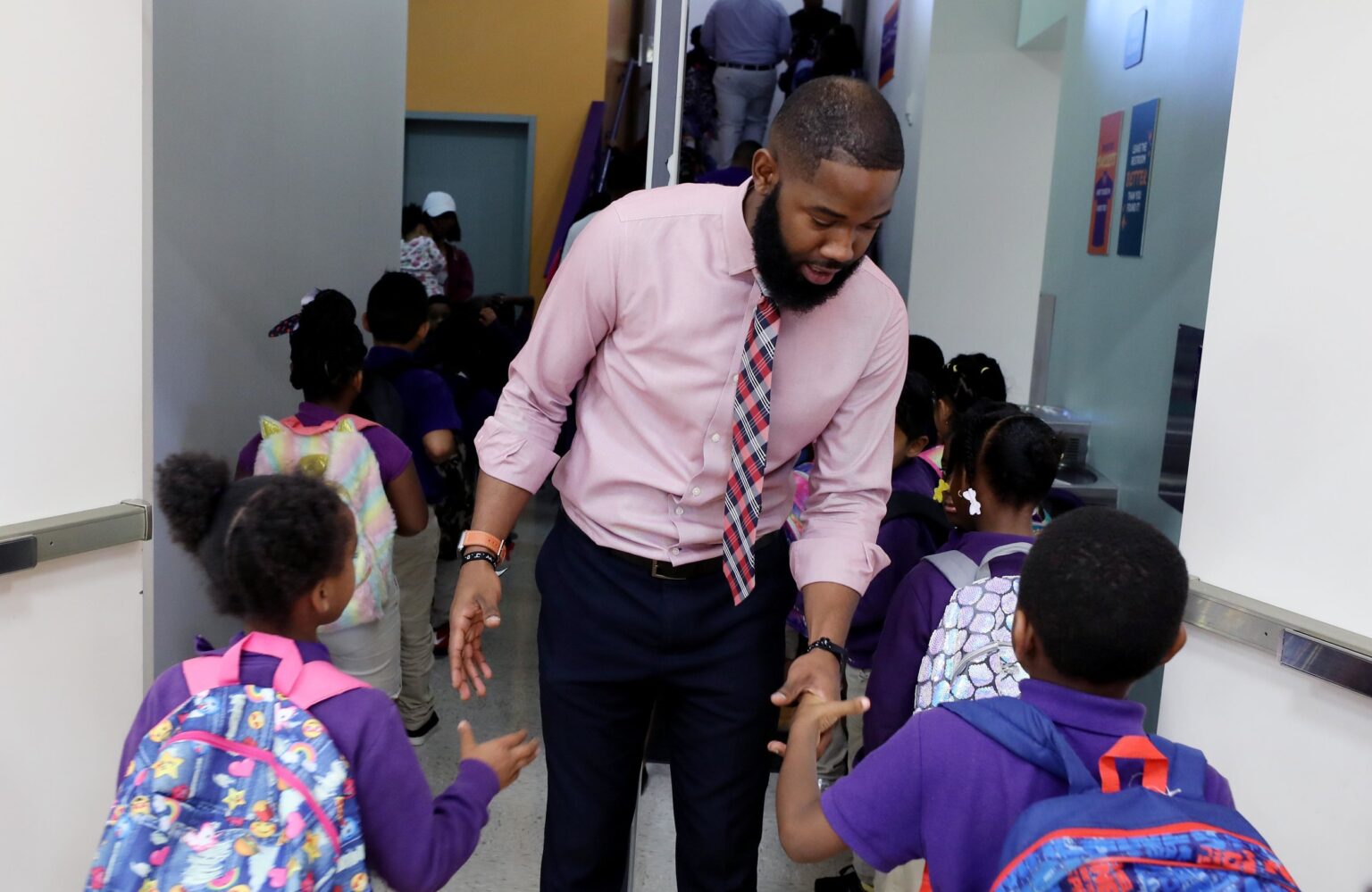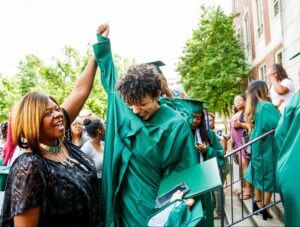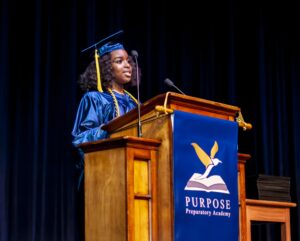Suspensions and expulsions of black students can be avoided when there’s an adult at school who can relate and listen
BY CHRIS EVANS, PARAPROFESSIONAL AT ROCKETSHIP NASHVILLE NORTHEAST ELEMENTARY
This article was first published by The Hechinger Report.
The connection I’m building with my students starts every day with a box of Cocoa Puffs. Name-brand cereal may not sound all that special, but it’s something most of my students can’t afford. It’s something I remember longing for when I was a kid.
Even though our school serves breakfast in the classroom to all students, I bring a group of boys from our K-4 school together for a special breakfast to fuel their day with a dose of self-esteem. We eat and we talk, and they get to start their day knowing someone at school understands and cares.
A year ago, these boys were on their ways to entering our country’s devastating school-to-prison pipeline. They were routinely disrupting their classrooms and commanding disproportionate amounts of attention from school leaders. All of them are black. Most lack a consistent father figure in their lives. Now, they’re part of a brotherhood where they push themselves and one another to be great. We call our group “The Movement.”
I grew up in Southeast Washington, D.C., where the neighborhoods are best known for concentrated poverty and high crime rates. I never knew my biological parents. I didn’t have any male role models in my life who came from my community and could help me envision a way to create a more positive future for myself.
This experience is something I have in common with most of my students. And, as was true for me, the statistics aren’t on their side.
One in every 11 young black men is incarcerated in our country — a path that starts in our public schools, where black students are three times more likely to be suspended or expelled than white students, which vastly increases their chances of entering the juvenile justice system.
In addition to starting our days together, The Movement meets after school twice a week. Student-athletes from one of our city’s HBCUs help with tutoring. We exercise. And we talk — openly and candidly — about what it means to be a black male in the world today.
For the first time, these young boys feel seen, understood and in control of their destinies. I tell them they’re kings. They tell themselves daily that they are their “brothers’ keepers.” And a year into it, all of them are now exceeding their personal academic goals.
I started The Movement after relocating to Nashville to follow my boss, who had been hand-picked to strengthen the school culture at Rocketship Nashville Northeast Elementary and to elevate the school’s academic performance. Improving a school’s culture is no easy task, and there’s no “one thing” that will flip the switch. But The Movement is a part of our principal’s “windows and mirrors” approach.
Rocketship Nashville Northeast has a familiar demographic for urban public schools. The vast majority of our students come from disadvantaged communities. So we’re giving them mirrors: Our school staff is now 75 percent teachers of color — a rarity in any public school. And we’re giving them windows: Mentorship, like The Movement, and other family supports that help them envision lives beyond their current neighborhoods.
The young boys I mentor are told by the media and the world around them that the only way to achieve the material things their families are lacking is through professional sports or a life of crime. I believe that my calling in life is to show them a different path — a path where Jordans and a truck with rims can come from good decisions and working hard.
The message is getting through. One of my boys told me the other day that he wants to sell houses when he grows up — a major achievement for a kid who’s never met anyone who works in real estate. He’s starting to picture his life beyond the world into which he was born. He’s seeing out the window.
Not long ago, many educators thought of kids’ minds as blank pages that they were tasked to fill with information. But there’s a growing volume of research on the connection between emotions and learning that validates taking the time to build real relationships with our students. Like all of us, kids bring their backgrounds and life experiences into the classroom. Their minds are more like books already partially written, and when you connect their school experiences with their existing stories, that’s when the best learning can take place. It’s why our “windows and mirrors” approach works.
My boys still act out at times. But when a teacher sees their actions as disrespectful, I can be pulled in and help figure out what’s really going on. It might be that they didn’t get any sleep the night before because of chaos at home. Or they’re having to wear their sister’s school uniform shirt because all of their clothes are dirty. Those conversations are only possible because we’ve put in the time to build trust. I can be a mirror — they know that I can relate, and that I’ll listen before I speak.
Our school is now a safe place where these boys can let down their guard and open their minds.
Their academic performance is improving as a result. And so has the performance of students across our school, now that our classroom “disruptors” have become positive ambassadors for our school culture and community.




